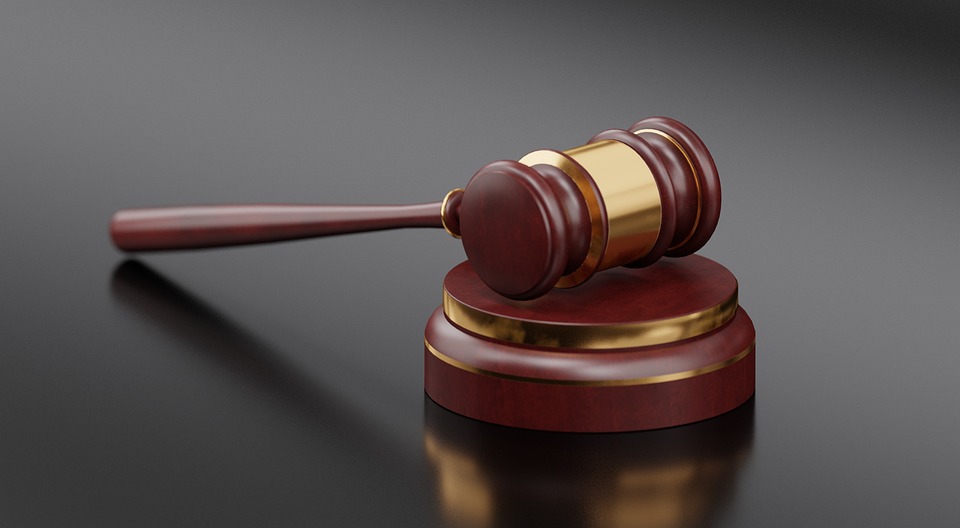The Power of Precedent: How Legal Reasoning Shapes Judicial Decisions
In the world of law, the power of precedent is a fundamental concept that significantly influences judicial decisions. Legal reasoning, a process by which judges analyze and interpret laws, statutes, and regulations, plays a vital role in shaping these decisions. By examining past court rulings and applying established legal principles, judges establish a framework for consistency and predictability in the legal system.
Understanding Precedent
Precedent refers to the legal principle that courts should follow previous decisions when faced with similar cases or issues. It is based on the belief that similar cases should be treated alike, providing stability and fairness in the application of the law. Precedents can be established by higher courts, such as appellate courts, and are binding on lower courts within the same jurisdiction.
When judges are confronted with new cases, they analyze relevant precedents and consider their applicability. They evaluate the facts, legal principles, and reasoning used in prior decisions to determine the most appropriate outcome for the current case. This process ensures consistency and uniformity in the interpretation and application of the law.
The Role of Legal Reasoning
Legal reasoning is the intellectual process through which judges arrive at their decisions. It involves identifying and interpreting legal rules, principles, and precedents to reach a just outcome. The primary goal of legal reasoning is to apply existing laws to specific cases while considering the unique circumstances and context.
There are various approaches to legal reasoning, including:
- Formalism: This approach emphasizes the strict application of legal rules and principles without consideration of external factors or consequences.
- Realism: Realists believe that judges’ decisions are influenced by subjective factors, such as personal beliefs, social values, and policy considerations.
- Legal positivism: Legal positivists focus on the explicit text of laws and statutes, disregarding moral or societal implications.
Regardless of the approach, legal reasoning involves a comprehensive analysis of relevant legal sources, including statutes, regulations, constitutional provisions, and prior court decisions. Judges carefully consider the reasoning and legal principles applied in similar cases to guide their decision-making process.
The Influence of Precedent on Judicial Decisions
The power of precedent cannot be overstated in shaping judicial decisions. Once a precedent is established, it carries significant weight and serves as a guiding principle for future cases. Courts must follow precedents set by higher courts within the same jurisdiction, ensuring consistency and predictability in the legal system.
When judges encounter cases with similar legal issues, they examine the existing precedents and consider their applicability to the current situation. While they have the authority to distinguish or depart from precedents, such decisions require valid reasons, often involving changes in societal norms, technological advancements, or legal developments.
By relying on precedent, judges contribute to the stability and predictability of the legal system. Precedents provide a foundation upon which future decisions are built, reducing ambiguity and promoting fairness. They help prevent arbitrary decision-making and promote equality before the law.
FAQs
Q: What is the purpose of legal reasoning?
A: Legal reasoning aims to apply existing laws, principles, and precedents to specific cases, ensuring a just and fair outcome.
Q: Can judges deviate from precedents?
A: Judges have the authority to distinguish or depart from precedents, but valid reasons must be provided, such as changes in societal norms, technological advancements, or legal developments.
Q: Why is consistency important in the legal system?
A: Consistency ensures fairness, predictability, and stability within the legal system. It promotes equality before the law and helps prevent arbitrary decision-making.
Q: How do judges determine the applicability of precedents?
A: Judges analyze the facts, legal principles, and reasoning used in prior decisions to determine the most suitable outcome for the current case. They consider the similarities and differences between cases to establish the relevance and applicability of precedents.
For more information on the power of precedent and legal reasoning in shaping judicial decisions, you can refer to the following resources:
- The Importance of Precedent in Judicial Decision-Making
- Understanding Legal Reasoning and Its Impact on the Law




